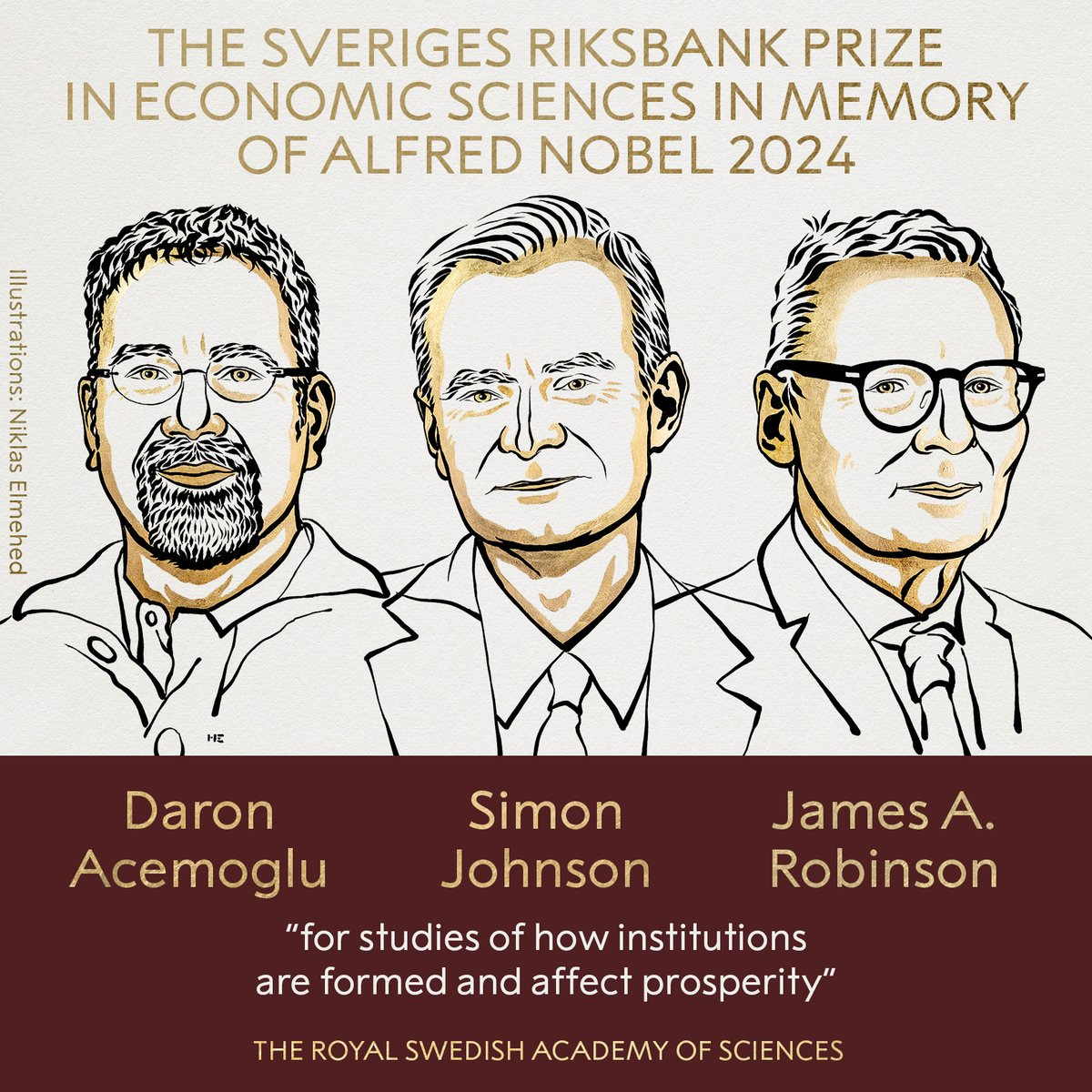This term refers to a state’s ability to plan and implement policy and to enforce rules.
State capacity
This theory posits a linear relationship between economic development and democratic norms, emphasizing a shift from the “traditional man”.
Modernization theory
This Polish trade union grew into the country’s leading democratic force and played a pivotal role in democratization.
Solidarity (movement)
This sociologist helped draft the Weimar Constitution, defined the state as holding the monopoly on legitimate violence, and offered a cultural explanation of economic development.
Max Weber
The collection of formal and informal rules that determine who holds power and how that power is exercised.
A political regime
An area within an otherwise strong state where the state’s reach is weak or absent.
Brown area
This development strategy seeks growth by replacing foreign goods with domestically produced industrial goods.
Import-substitution industrialization
This term denotes the process by which democracy takes root and becomes “the only game in town.”
(Democratic) consolidation
This American political scientist classified regimes by participation and contestation.
Robert Dahl
A system of legally entrenched racial segregation that operated in South Africa from 1948 until the early 1990s.
Apartheid
This two-word term describes a political entity that has lost the capacity to provide basic security and development functions.
Failed state
Large, family-controlled conglomerates in South Korea that propelled much of the country’s industrial growth in the 1970-80s.
Chaebol
This country is where the Third Wave of democratization began with the 1974 Carnation Revolution.
Portugal
This general is credited with the “Miracle on the Han River” and pushed export-oriented industrialization.
Park Chung-hee
From 1973 to 1990, Chile was governed by this type of regime.
Military regime
This state-building theory, associated with Charles Tilly, highlights how war enabled rulers to construct tax-extractive (fiscal) institutions.
Bellicist theory
These two social scientists offer an institutional explanation of growth, arguing that inclusive institutions foster development more than extractive ones.

This theory offered by Przeworski and Limongi holds that higher levels of economic development help countries sustain democracy.
Survival model of democracy
This political scientist coined the term "the third wave of democratization" to describe the surge of transitions to democracy beginning in 1974.
Samuel Huntington
Around 2018, the president of this country overturned the two-term limit, markedly undermining regime institutionalization.
China
This country’s modern state-building unfolded amid anti-colonial struggle, labor unrest, a communist insurgency, and a period of instability.
Malaysia
This trade dispute between the United States and the European Economic Community in the 1960s culminated in a 25% U.S. tariff on imported light trucks.
Chicken War
A mode of democratic transition in which moderates from a weakened authoritarian regime negotiate the terms of change with moderate leaders of a pro-democracy movement. Spain’s democratization is a classic example.
Pacted transition
This economic historian coined the term "relative backwardness," rejected linear development models, and argued that backwardness might be an advantage.
Alexander Gerschenkron
According to Geddes, Wright, and Frantz, this is the most common fate of former authoritarian leaders when one authoritarian regime type gives way to another.
Exile